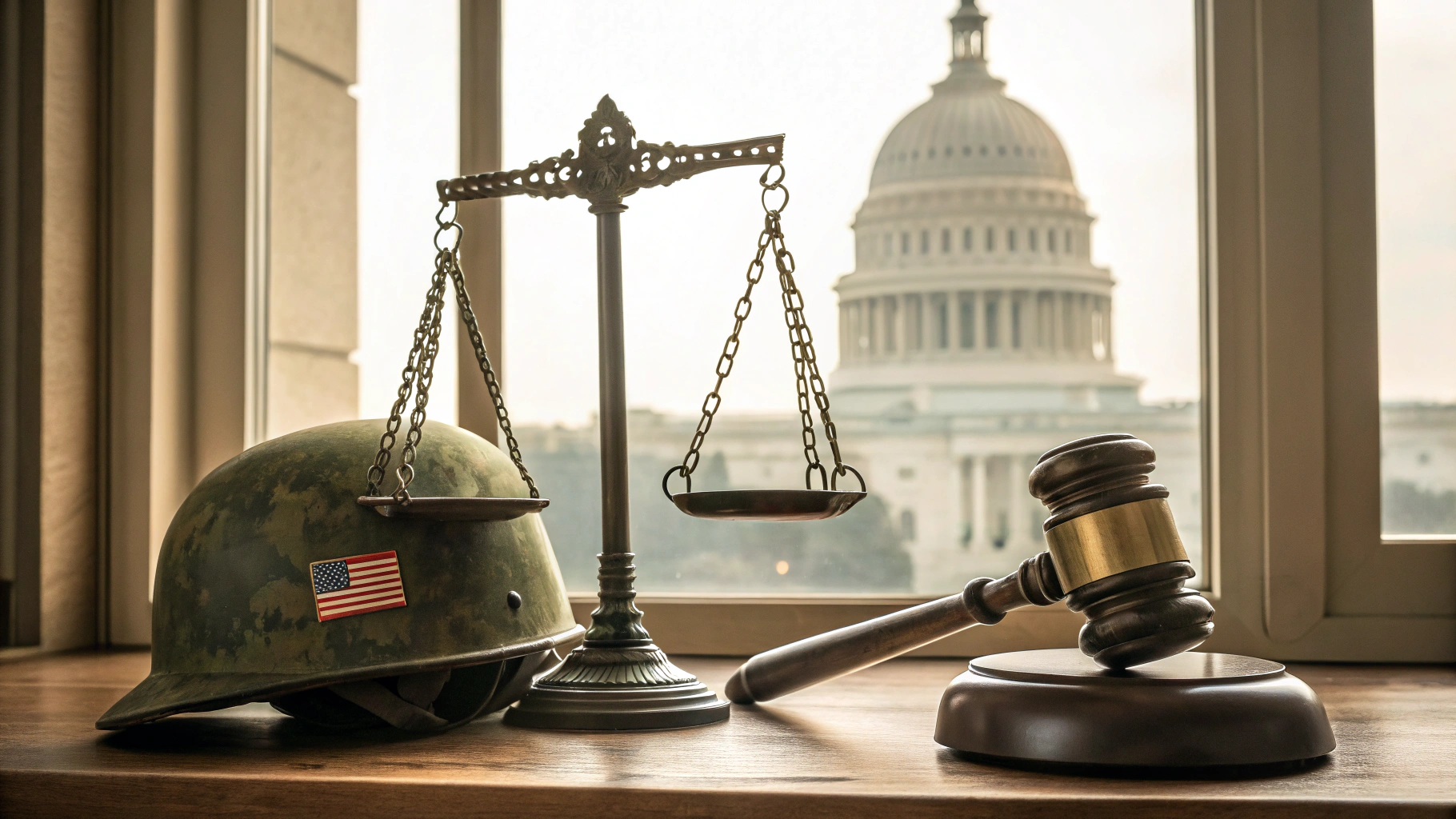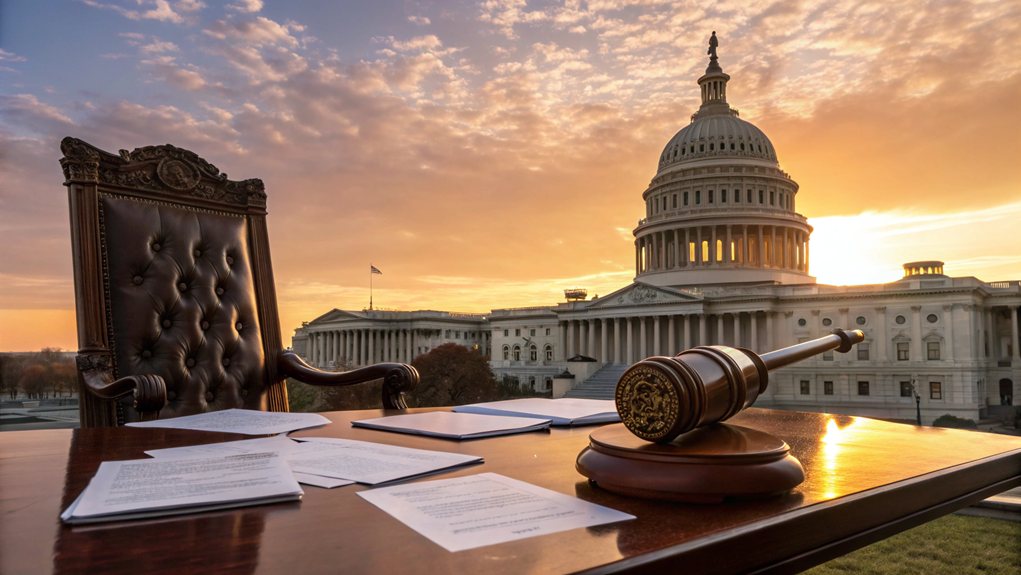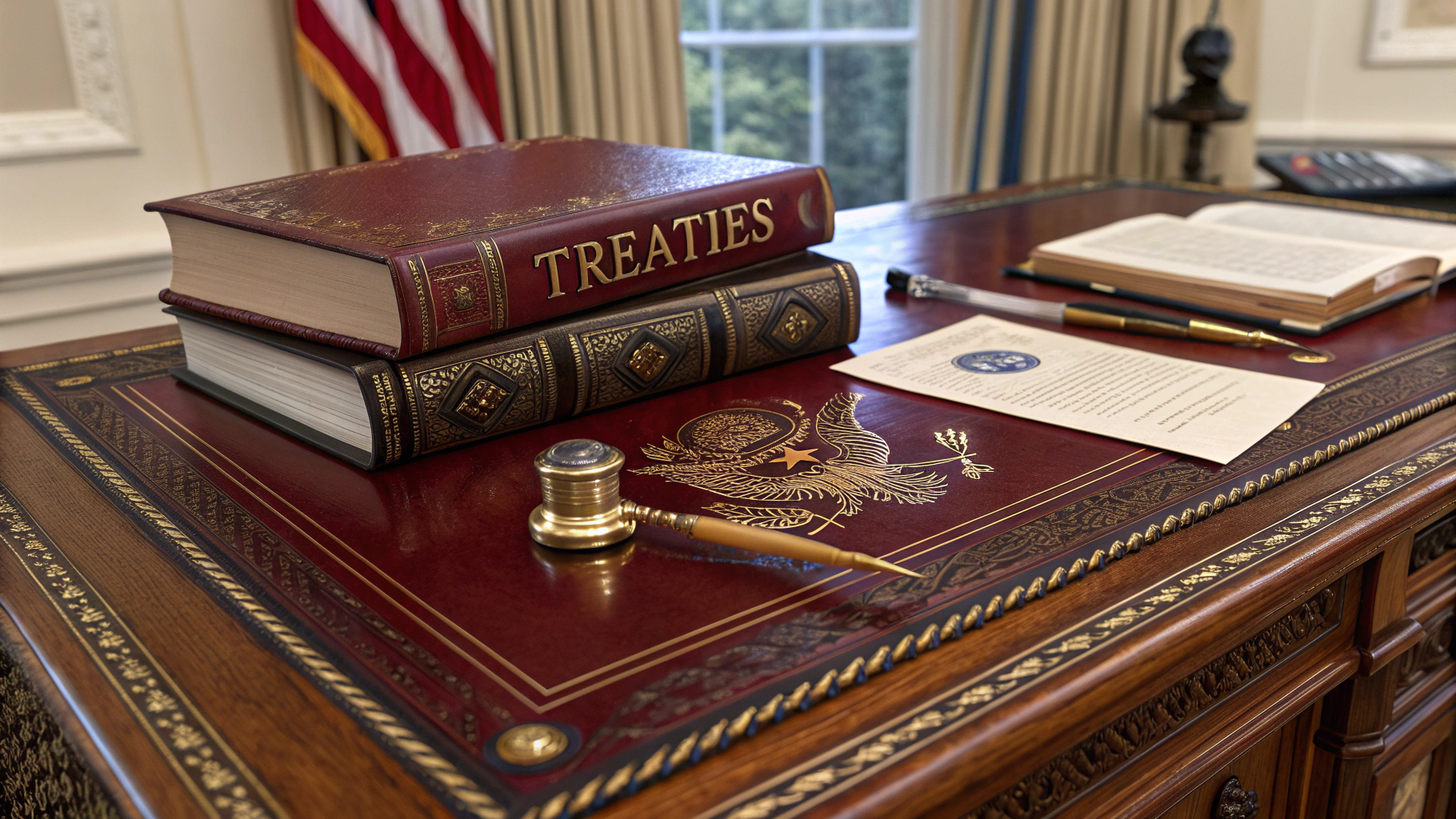The War Powers Act of 1973 is Congress's way of saying, "Hold on there, Commander-in-Chief!" It puts strict limits on presidential military authority. If the President sends troops somewhere, they must notify Congress within 48 hours. If those troops are still there after 60 days, Congress gets to decide if they stay. It's about checks and balances, folks, but many presidents just ignore it anyway. Curious about how this has played out over the years? Keep going.

Understanding the War Powers Act might feel like diving into a political quagmire, but it's vital to grasp its significance. This law, enacted in 1973, was a direct response to the chaos of the Vietnam War, where Presidents seemed to think they could wage war on a whim. Spoiler alert: they can't.
The War Powers Act limits the President's authority to engage in military conflicts without first getting the thumbs up from Congress. That's right, no more solo missions. Passed over President Nixon's veto (he wasn't thrilled about it), this act requires the President to notify Congress within 48 hours of deploying troops. This is not a polite suggestion; it's a rule. But wait, there's more! If the troops are still on the ground after 60 days, surprise! The President needs Congressional approval to keep them there. Talk about a reality check for the Commander-in-Chief.
The War Powers Act puts a stop to presidential solo missions in military conflicts, demanding Congress's approval first.
Why does this matter? Well, the Constitution gives Congress the power to declare war, while the President gets to be the big boss of the military. It's all about checks and balances, folks. The Founding Fathers didn't want one person making all the decisions when it comes to sending troops into harm's way. Additionally, the War Powers Act was enacted due to concerns about Presidential overreach in military engagements. Over time, there has been ongoing debate about the balance of authority regarding war-making power between Congress and the President. The Act requires the President to seek Congressional authorization for military engagements that exceed a 60-day period, ensuring that prolonged conflicts have legislative backing.
Over the years, though, Presidents have increasingly skipped the whole declaration of war thing, acting as if the War Powers Act is just a suggestion.
The War Powers Act was born from a history of overreach. Nixon's veto didn't stop Congress from pushing back, and the Act was designed to prevent future presidents from pulling a fast one.
However, compliance with it? Yeah, that's a whole different ballgame. Presidents have submitted reports, but the debates around whether they truly abide by the spirit of the law are ongoing.
The courts? Mostly silent, treating these issues as political questions. So, the War Powers Act remains a fascinating, if contentious, piece of legislative history, wrestling with the balance of power every day.
Frequently Asked Questions
How Does the War Powers Act Affect Military Funding?
The War Powers Act messes with military funding in a big way.
Congress holds the purse strings, meaning they can throw money at or yank it away from military operations. They've got annual appropriations and fancy bills like the NDAA to flex their muscles.
But here's the kicker: the president can veto those bills. So, it's a tug-of-war, really.
Money talks, but sometimes, it just whispers. Politics? Always a circus.
What Are the Penalties for Violating the War Powers Act?
So, what are the penalties for breaking the War Powers Act?
Well, surprise! There aren't any. Zero. Zip.
The law demands the President notify Congress within 48 hours of troop deployment, and if Congress doesn't give the thumbs up in 60 days, out they go.
But good luck holding a President accountable. Legal challenges? They've fizzled.
It's like a rule without teeth. Congress can shout, but it's all bark and no bite.
Can Congress Override a Presidential Military Decision?
Yes, Congress can override a presidential military decision.
But it's not a walk in the park. They need a two-thirds majority in both the House and the Senate. Good luck with that! It's like trying to herd cats.
While Congress has the power, the reality is often messy. Political games, public opinion, and presidential pushback make it complicated.
How Has the War Powers Act Evolved Over Time?
The War Powers Act? It's been a wild ride since 1973.
Initially a knee-jerk reaction to Vietnam, it aimed to rein in presidential power—good luck with that! Congress wanted a say, but presidents have sidestepped it like pros.
Sure, it demands notifications and timelines, but compliance? That's hit or miss.
Over time, the act's effectiveness has dwindled, raising eyebrows.
Are There Exceptions to the War Powers Act?
Sure, there are exceptions to the War Powers Act.
The president can act in self-defense. Surprise!
If there's a national emergency, military action can happen without Congress.
It's all about interpretation, really.
The executive branch often plays fast and loose with what "hostilities" mean.
And let's not forget those Authorizations for Use of Military Force (AUMFs) that let presidents skip the whole congressional approval thing.
It's a wild ride, folks!









